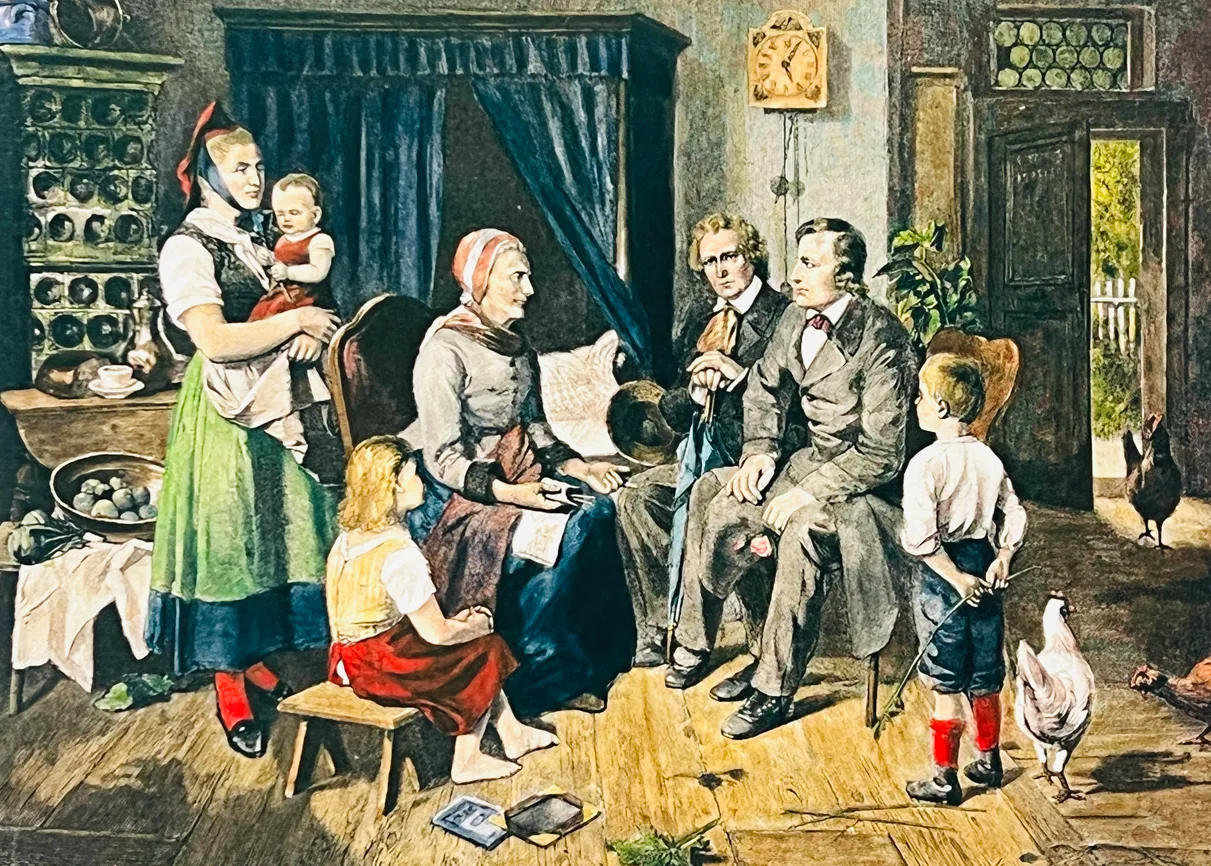Remember the value of other people in the creative process.
“We live in a culture that has replaced soul with self. This reduction turns people into either problems or consumers. Insofar as we acquiesce in that replacement, we gradually but surely regress in our identity, for we end up thinking of ourselves and dealing with others in marketplace terms: everyone we meet is either a potential recruit to join our enterprise or a potential consumer for what we are selling; or we ourselves are the potential recruits and consumers. Neither we nor our friends have any dignity just as we are, only in terms of how we or they can be used.”
― Eugene H. Peterson, Christ Plays in Ten Thousand Places: A Conversation in Spiritual Theology
Eugene Peterson’s statement should give us all pause—especially writers, actors, artists, and creators.
Because our culture has worked relentlessly to remove the soul from people and the country, only to replace it with a self which is consumed with getting what it wants and desires, no matter the cost, we must go about things differently.
The culture won’t change unless we do.
I propose a few things. First, recognize that we do what Peterson points out: we often see ourselves and others as potential buyers or problems. It’s not hard to fall into this pattern. It’s all around us, all the time.
I won’t blame tools, but things like Instagram and smartphones make it easier for this thinking to survive in our society. We want more followers—but why? We always tell everyone what we think and feel—for what end?
As creators, we should reflect on why specific stories or characters must be made. Is it to attract more buyers or draw more consumers? Is it to prove another side wrong at all costs?
Or is it to help elevate audiences and inspire them to be better and do better?
I’m in no way against making money. But if the market or agenda is before people, we will continue slipping into reducing people to consumers or problems.
Second, make the conscious decision to honor others. Listen to what they say, don’t berate them immediately if you disagree, and consider your response for a moment or two.
We do not have to blindly accept what others think or feel. It needs to be countered if it is clearly wrong and harmful. But in times when it’s a matter of opinion, honoring people as souls, as more than consumers or problems, will go a long way to re-humanizing relationships.
And it will also lead to a change in their hearts and minds.
When thinking about a scene or a line of dialogue in your work, listen to what the story is saying. Slow down, and don’t jam your ideas into it just yet. Let it simmer. Consider what the audience and reader, and listener might need. Consider what the character or story is calling for at the moment.
Creating takes work. It takes thought and time, and wrestling. It takes conflict and the willingness to embrace it. You must be present in the moment, not distracted and removed from life.
And it demands valuing others above what they can bring to your pocketbook or how you can prove them wrong. It takes honor and listening, patience, and self-sacrifice. It takes servants, people motivated by the love of Jesus, willing to go into the pain around them and come out with answers others need.


